Former Socceroo inquest: Stephen Herczeg ‘would be alive’ if not for QEH blunders
A FORMER Socceroo would be alive today had Adelaide hospital medical staff done their jobs properly to avoid the “calamity” of him dying in agony, a senior doctor has admitted.
SA News
Don't miss out on the headlines from SA News. Followed categories will be added to My News.
A FORMER Socceroo would be alive today had Adelaide hospital medical staff not blundered and caused a “calamity” that killed him, a senior doctor has admitted.
South Australia’s first World Cup qualifying player Stephen Herczeg, 72, died in agony last month in the Queen Elizabeth Hospital from respiratory failure caused by a ruptured bladder and collapsed lungs.
State Coroner Mark Johns is conducting an urgent inquest into the “catastrophic”, but mysterious, circumstances surrounding the September 19 incident and several hospital care blunders.
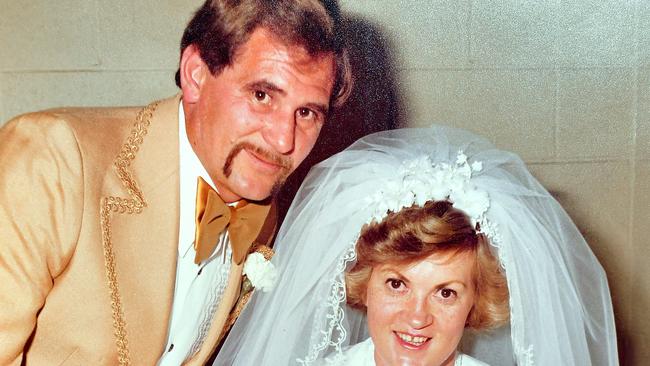
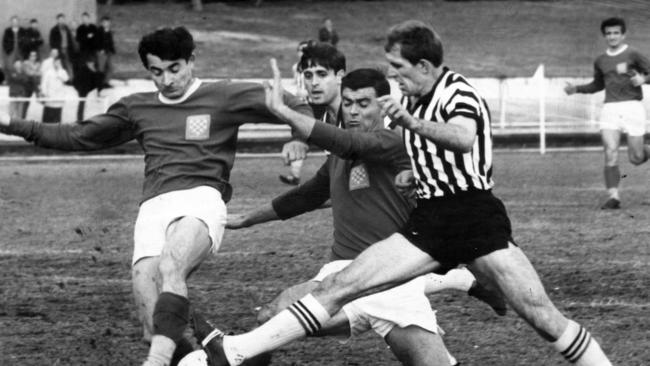
Mr Johns has heard how Mr Herczeg, a Hungarian-born grandfather known as “Steve”, died — 12 months after his wife Kristine, 70, drowned — when his catheter bag was mistakenly connected to “high flowing” oxygen tubes pumping 15L of air a minute.
This may have been caused by a botched medical procedure but a senior doctor told police that he may have caused his own death amid confusion and “delirium”.
On Monday that doctor, QEH resident medical officer Wee Siang Yong, told the Coroners Court how it was “possible” the accident was caused by the patient, whose catheter was installed in August when he saw him during a previous admission.
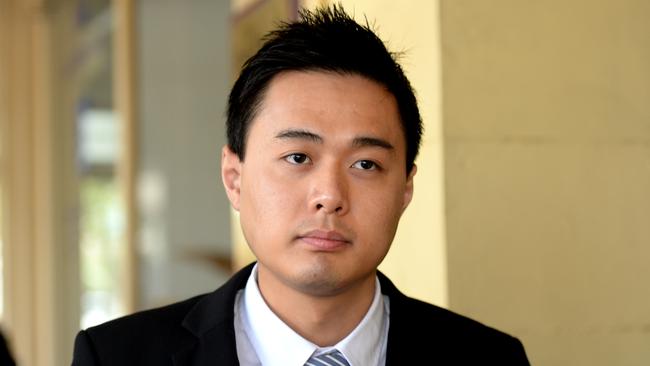
He conceded it was not “normal practice” for oxygen to be connected to a catheter, which he told police would have caused “issues” within minutes.
The inquest has been embroiled in controversy after Premier Jay Weatherill last week publicly intervened in the live case and referred to police speculation suggesting he caused his own death.
Mr Johns has, however, been sharply critical of police failures at not seizing the equipment for testing.
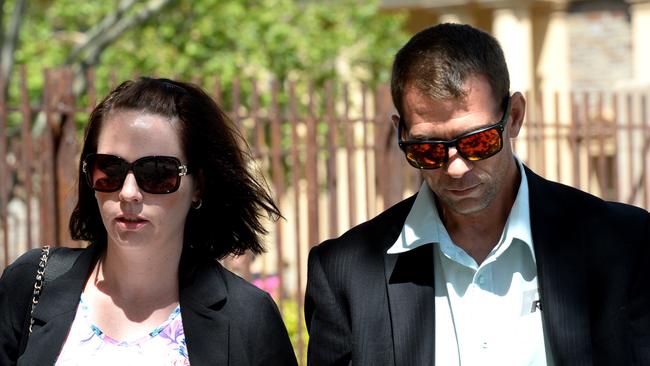
Giving evidence on Monday, Dr Yong said he had ordered Mr Herczeg — who had “severe” lung disease — not receive any further oxygen treatment during emergency department treatment.
Mr Johns asked: “If he (Mr Herczeg) had not been on oxygen treatment this calamity would not have occurred?”
The doctor replied: “Yes, because the oxygen would have been unavailable in the room itself.”
Dr Yong admitted he had not rewritten a “do not resuscitate” order into the electronic medical notes system, EPAS, as it did not automatically carry forward between admissions.
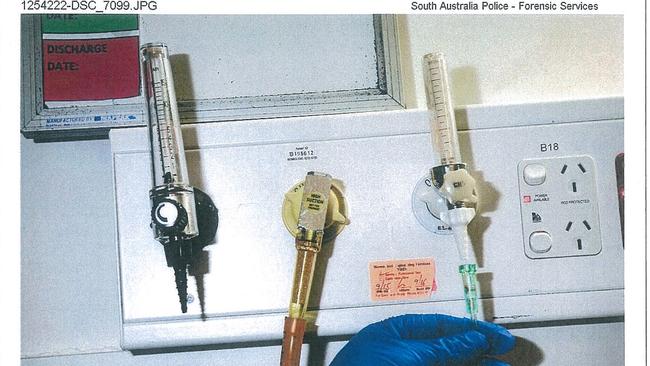
The court has heard there were problems loading the system, during a “code blue” emergency, after Mr Herczeg was found unresponsive shortly after 5pm. Dr Yong said later he noticed oxygen was not connected to the wall.
The court was told the last recorded observation before his death showed Mr Herczeg’s condition “medically stable” while Mr Yong had prepared the family for his imminent discharge.
He had been rushed to hospital after a fall in his North Haven home and was being treated for a urinary tract infection.
Outside court, Mr Herczeg’s son, Joshua, 34, and his partner Jess, 26, disputed claims he caused his own death. “In what capacity could he have done that? It is quite odd,” said the son, a boiler maker.
The inquest continues.



